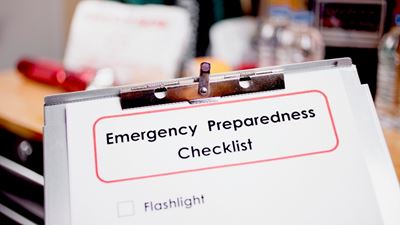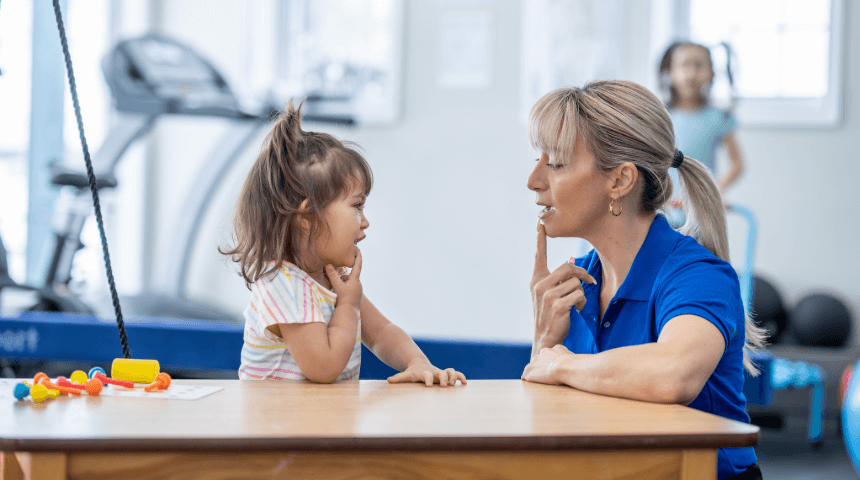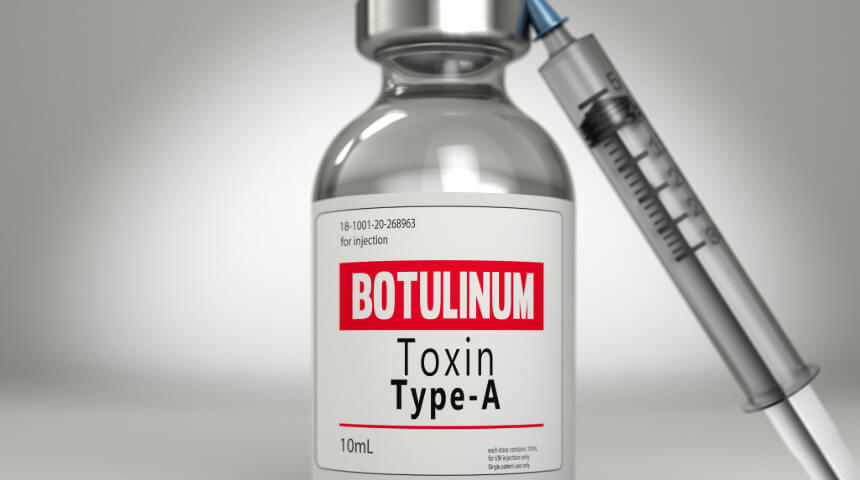Have You Done These 6 Things to Prepare for a Hurricane?
Hurricane season has arrived, which means there’s a growing possibility for strong storms. As these storms can affect transportation, businesses, access to basic necessities and more, it’s vital to be prepared. By taking the time now to stock up on supplies, safeguard your home and learn basic emergency protocol, you can safeguard your family from the effects of a natural disaster in the future.
Wondering how to protect your family from a potentially life-threatening hurricane? Here are several safety tips to consider:
Stock Up on Basic Necessities
Every family should have the basic necessities to survive a hurricane already stocked in their home. Clean water is always the first priority. Most emergency response organizations recommend that you have one gallon of drinking water per person per day for at least three days. This doesn’t include water for bathing, washing or flushing toilets.
It’s also recommended that you have at least three days worth of non-perishable food per person on hand. Non-perishables include canned food, dry packaged foods, and other staples that don’t require cooking, refrigeration or water to prepare. Don’t forget the can opener and utensils! Also remember that every year, people become ill or die due to carbon monoxide poisoning or house fires that stem from the use of grills, generators or camping stoves indoors. If the item isn’t labeled for indoor use, do not use it inside your home.
Create a Basic Disaster-Supply Kit
In addition to food and water, anyone living in a hurricane zone also should create a basic disaster-supply kit. Items can be stored in airtight plastic bags, plastic bins, easy-to-carry duffel bags or another well-sealed container. While a disaster kit might be slightly different for everyone, depending on your family’s needs, it should include the basics: a first-aid kit, a flashlight, an emergency radio and batteries.
For a comprehensive and downloadable list, click here.
Take Health Issues into Account
When preparing for hurricane season this year, also consider any health-related needs your family has. If your child or other family member requires an electric health-related device, such as a CPAP machine or tube-feeding pump, you may want to consider keeping a backup generator in your home. You also should stock several days worth of fuel, in case power is unable to be restored for an extended period of time.
If your child has asthma, make sure you have an extra inhaler on hand, even if you routinely use a nebulizer machine. Lastly, store all your child’s medications together in one safe, easy-to-access place. In the case of evacuation, you won’t want to be running around searching for pill bottles, EpiPens or other essential items.
Prep for the Possibility of Evacuation
In the case of power outages, flooding, strong winds or other hazards, you’ll want to be ready for the possibility that your home will be damaged. If you haven’t been ordered to evacuate, stay in a sturdy structure, away from windows and glass doors. If you are ordered to evacuate, you should grab your emergency supplies and leave immediately. Make sure to research evacuation routes ahead of time! Your local Department of Emergency Management or Department of Transportation should have a list. The National Weather Service also carries updated information on weather-related disasters and provides news on storm watches and warnings.
Resources such as FEMA post detailed evacuation updates too, including information on routes and emergency shelters. If you have a smartphone, consider downloading FEMA’s app so you can access it from anywhere. You also should stay vigilant about keeping your vehicles full of fuel, as service stations can become overcrowded or unusable after a disaster.
Lastly, it’s recommended that you know the phone number of your local Office of Emergency Management. You can look up the contact information for the county offices in Florida here.
Create an Emergency Plan
Every family should have an emergency plan for hurricane season, especially if you have young children. In this plan, you’ll want to include places to meet in the case of separation.  These meeting places should be outside the home, in case of fire or flooding, and include both local and out-of-state locations. Due to the risk of flooding, you’ll also want to choose locations that are on higher ground. Practice and go over the details of your emergency plan at least once a year.
These meeting places should be outside the home, in case of fire or flooding, and include both local and out-of-state locations. Due to the risk of flooding, you’ll also want to choose locations that are on higher ground. Practice and go over the details of your emergency plan at least once a year.
Since cell service may be lost during a disaster, always keep a list of out-of-state contacts on you too. You’ll also want to include emergency contacts on the list, including your doctor(s), veterinarian, local emergency services and utility companies.
How the Pandemic Affects Emergency Plans
The COVID-19 pandemic has impacted many of our lives, hurricane planning included. In addition to the standard recommendation for supplies and emergency preparations, consider having several face masks available for everyone in your house over 2 years old. Being prepared is important; if you experience power outages and major damages, you may not be able to purchase additional disposable masks or wash reusable masks. Additionally, if you are asked to evacuate, do so in a timely manner and proceed to the shelter or evacuation center you are directed to.
Make Preparations for Your Pets
Don’t forget about Fido! If you have a pet at home, make sure you include them in your emergency plan and stock extra food and water for them. In the case of evacuation, you also should bring their vaccine records and medications, if applicable. To prevent possible escape or injury during a chaotic time, consider placing your pet in a safe crate or carrier.
Looking for more information? The ASPCA has advice on how to prepare for your furry friends, as well as extra resources for those who own farm animals.
Are You Interested in Learning More?
Sign up for our e-newsletter for more tips and best practices from pediatricians.
Sign Up Here









